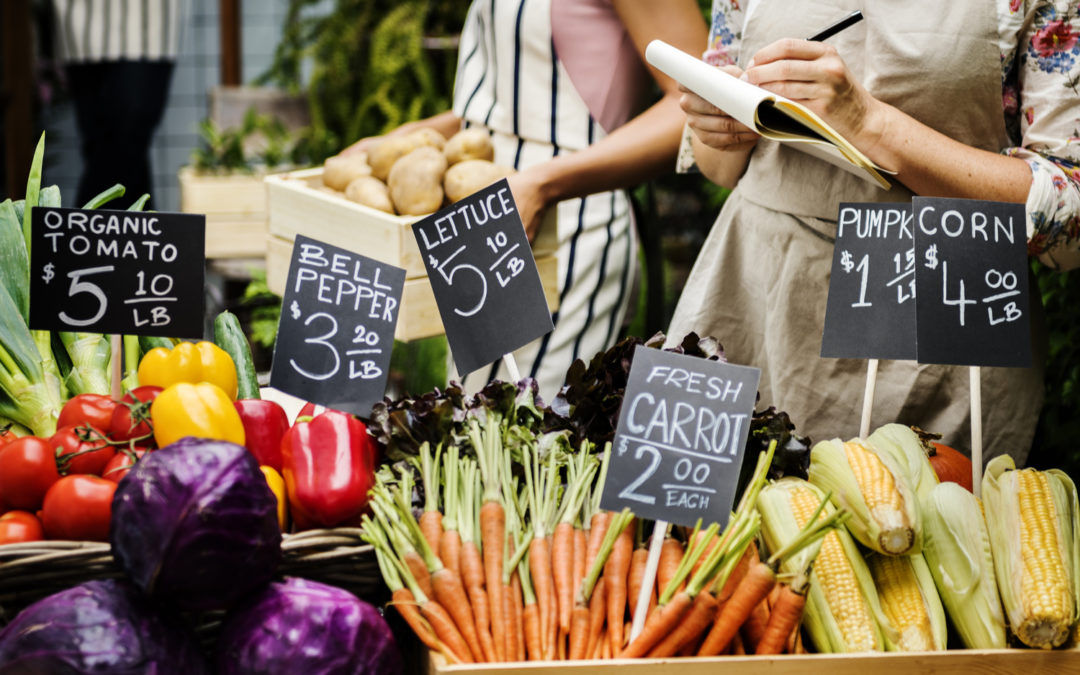Living a green, sustainable lifestyle may seem impossible and much too expensive for you to pull off. This simply isn’t true. The idea that living sustainably is incredibly expensive is a misconstrued one. You don’t need to break the bank in order to make a positive impact on the environment with your living habits.
Plan accordingly so you don’t waste
This is one of the areas where people waste the most money, whether you live sustainably or not. In the United States, 40% of food ends up in landfills, uneaten. Another way to look at this is, for every $10 that you spend on food, you throw away about $4 of that food. That’s ridiculous! You may as well just not spend that money in the first place, right? The way to fix this is to plan better. Before you go to the store to do your grocery shopping, make a menu and write out a grocery list. This will help you drastically decrease how much food you waste. This way you only buy what you’ll actually use, and therefore you throw out considerably less food. Another way to make sure you use your grocery money efficiently, is to plan multiple meals around one type of food. For example, buy a head of broccoli, and then use that for 2 or 3 different meals, so you use the entire thing.
Another way to make sure you don’t throw out uneaten food, is to make sure that you save and actually eat your leftovers! The best way to store your leftovers is in wide mouthed mason jars, which are much less expensive than glass storage containers. You can even find them used for even less.
Buy the dirty dozen
During the summer, buying organic is inexpensive. Simply head to the farmers market and you can buy everything that you could want for dirt cheap. However, in the winter, buying organic fruits and vegetables can get too expensive very quickly. In these cases, opt to buy the dirty dozen, instead. The dirty dozen is a list of fruits and vegetables that have the least amount of pesticides and are therefore the best produce to buy if you can’t afford organic produce.
-Sweet Corn
-Avocadoes
-Pineapples
-Cabbages
-Onions
-Frozen sweet peas
-Papayas
-Asparagus
-Mangos
-Eggplants
-Honeydew
-Kiwi
-Cantaloupe
-Cauliflower
-Grapefruit
Also try to avoid buying things that are packaged. This is where the bulk of your grocery bill comes from. Buying fresh and making things yourself is going to be the cheapest way to shop green.






